Storm Durragh is just behind us, but so too are elections either side of the Atlantic and a budget here too. Whilst the latter wasn't quite as tough overall as predicted, it certainly did no favours for tourism and farming-heavy parts of the country like Cornwall.
The government issued plenty of tough talk prior to the budget, which together with the actual changes in the budget itself have eroded any confidence and a positive sentiment for the time being. It feels like the downbeat budget has caused the British high street to start the Christmas run-in even sooner than usual, as people lick their wounds and rethink their business strategies across all sectors.
There are definitely clouds looming over the UK economy, and although the Bank of England are insisting that interest rates might only fall a little next year, there surely could soon be plenty of evidence to support faster, deeper cuts as the economy slows and unemployment rises. Indeed, the consensus view is that interest rates will remain higher for longer - but in my experience often what actually happens is quite the opposite of the consensus!
On the subject of interest rates specifically, over my 30-year career, it feels like the interest rate-setters have been consistent in just one thing; being too late to adjust rates up or down, and allowing boom and bust to repeat over and over again. However, when they do fall, then it is generally only a matter of time before house prices turn upward once more. There has always been a close link between interest rates and house prices.
Looking locally, the second/holiday home market in Cornwall is barely a shadow of what it was during 2020-2022, but then those pandemic years were not real or sustainable and should not be used for comparison purposes. I suspect Cornwall will remain one of the UK's most popular holiday destinations, and the market for the letting and sale of coastal property is still normalising after those 'freak' years. There may be fewer buyers looking for a holiday home, but there are definitely more looking for a main home, making the market now much more like it was in 2019, before the pandemic struck.
So this could be described as the calm after the storm, but it is probably also a case of 'keep calm and carry on' too! The very best properties will continue to be in short supply, and these are not bought as investments, but as homes, and they will continue to be so. Sellers should be realistic about the period needed to find 'the' buyer, and at the same time, buyers should not expect an oversupply of prime property. Whilst sale prices might not rise in the near term, it is highly unlikely they will collapse either and indeed we are concluding sales at much closer to guide price this year than in 2023.

